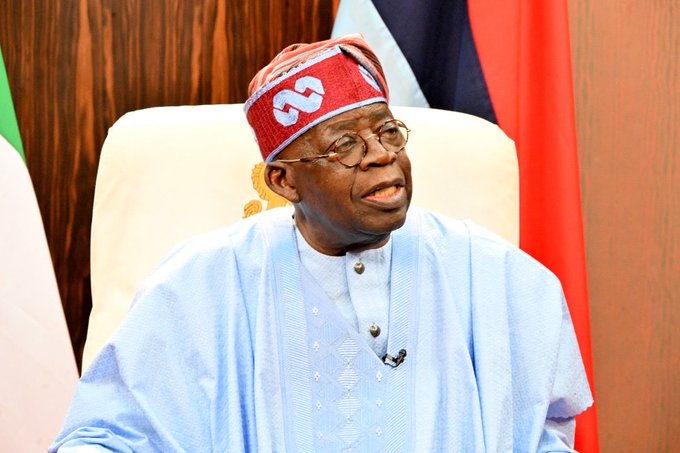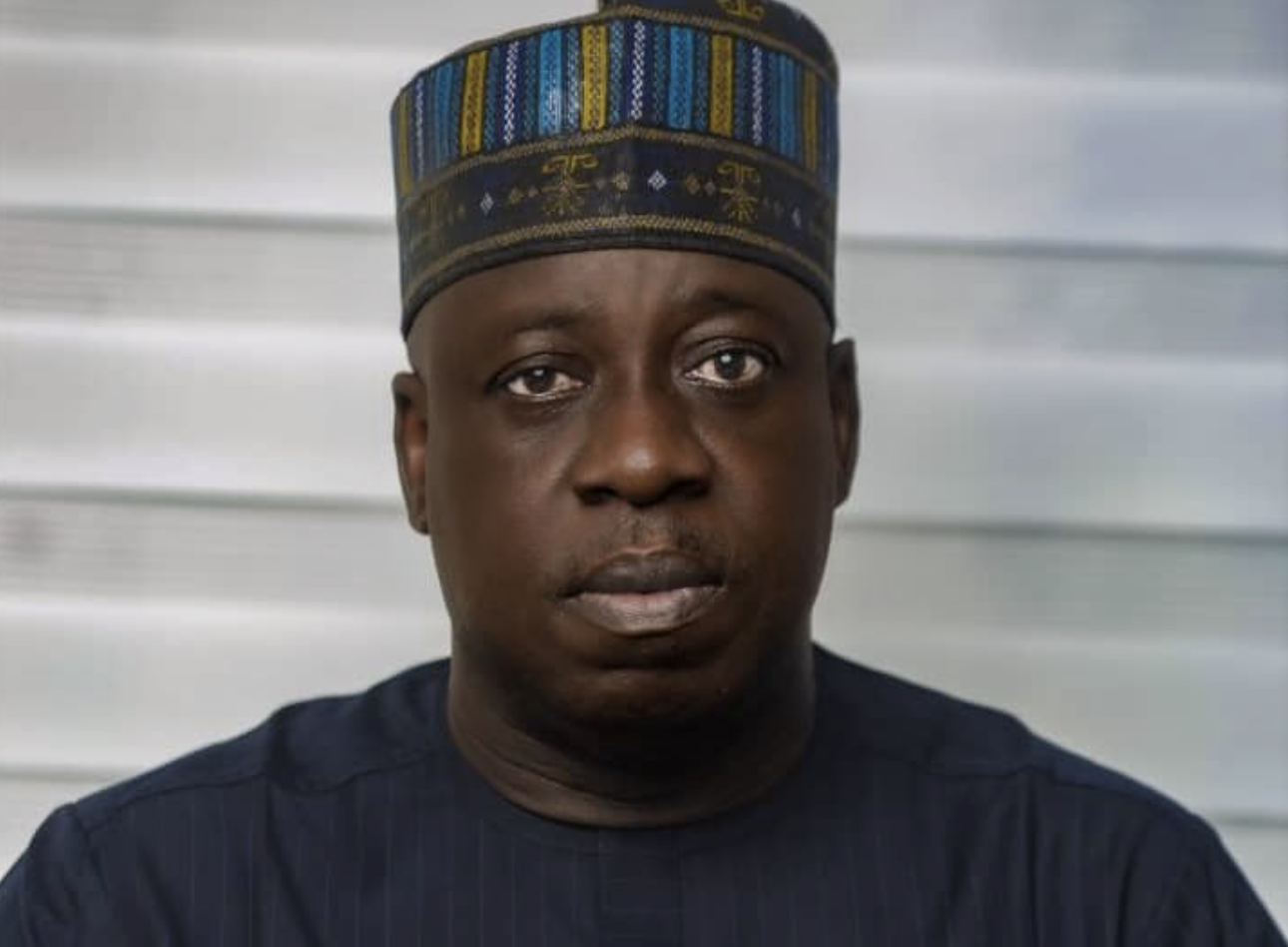Tinubu's Bold Vision: Education and Digital Economy Drive National Future, Says Minister

Prince Lateef Olasunkanmi Fagbemi (SAN), the Attorney General of the Federation and Minister of Justice, has affirmed that President Bola Tinubu’s Renewed Hope Agenda places education, digital economy development, and human capital advancement at the core of Nigeria’s national development strategy. This declaration was made during his lecture titled “The Intersection of Law, Digital Technology and Human Resourcefulness in Transforming University Education in Nigeria,” delivered as part of the 9th convocation ceremony of the Federal University Lokoja, Kogi State.
According to Prince Fagbemi, the current administration’s policy framework is designed to harness Nigeria’s significant demographic advantage. This can only be achieved through targeted and strategic investments in educational excellence and innovation, aimed at preparing citizens for productive engagement in the global economy. He emphasized that the administration’s dedication to transforming education goes beyond merely developing traditional infrastructure, encompassing comprehensive systematic reforms in curriculum development, technology integration, and institutional capacity building.
Initially, this strategic alignment between university development and national economic diversification objectives was demonstrated by the establishment of 67 new higher institutions within a two-year period. These new institutions were strategically focused on specialized fields such as agriculture, environment, health sciences, sports, and technology, reflecting a deliberate effort to cater to specific national needs and economic sectors.
However, it was noted that in August of the year of the lecture, President Tinubu initiated a moratorium on the establishment of new universities, polytechnics, and colleges of education, following an extensive review of the state of tertiary education. This decisive action was a direct response to widespread issues of underenrolment and resource allocation in existing institutions, many of which were operating significantly below their capacity. By pausing further expansion, the government has pivoted its focus towards enhancing quality, strengthening existing facilities, and elevating academic standards to ensure Nigerian graduates remain highly competitive in the global arena.
The Minister of Justice further underscored that the comprehensive transformation of Nigerian university education demands a collective effort, extending beyond the purview of individual institutions or government agencies. He stated that the government must fulfill its role by providing enabling policy frameworks and strategic leadership. Simultaneously, universities are enjoined to embrace necessary changes while steadfastly preserving their essential functions. Students are expected to actively engage in their educational journey, and society as a whole must foster and support educational excellence while holding institutions accountable for their performance and standards.
You may also like...
Digital Portfolios Are the New Business Cards; Here’s How to Build One That Gets Seen

In today’s digital-first economy, your online portfolio is your handshake, résumé, and elevator pitch rolled into one. H...
Career Pivoting: Why Changing Paths Might Be the Smartest Move You Make

In a world where stability often overshadows fulfillment, career pivoting may be the smartest move for professionals se...
Why Your First Failure Might Be the Best Thing That Ever Happened to Your Business

Failure isn’t the end of entrepreneurship, it’s the education success never gives. Here’s why your first business collap...
Consumerism vs Culture: Is Africa Trading Values for Trendy Lifestyles?

Is Africa trading its cultural values for trendy lifestyles? Explore how consumerism, foreign brands, and social media p...
The War on Boys: Are African Male Being Left Behind in Gender Conversations

Why are African boys and men often left out of gender empowerment programs? Explore how emotional suppression, lack of m...
Pay Slip, Motivation Slips: The Silent Crisis Among the Working Class

Across Nigeria, millions of workers are trapped in jobs that pay just enough to survive but too little to live. Beneath ...
Premier League's Unsung Heroes: Bournemouth, Sunderland, and Tottenham Shockingly Exceed Expectations

This Premier League season sees teams like Bournemouth, Sunderland, and Tottenham exceeding expectations. Under Thomas F...
El Clasico Fury: Yamal Controversy and Refereeing Blunders Ignite Post-Match Debates
)
Real Madrid secured a 2-1 El Clasico victory over Barcelona amidst significant controversy surrounding a late penalty de...




